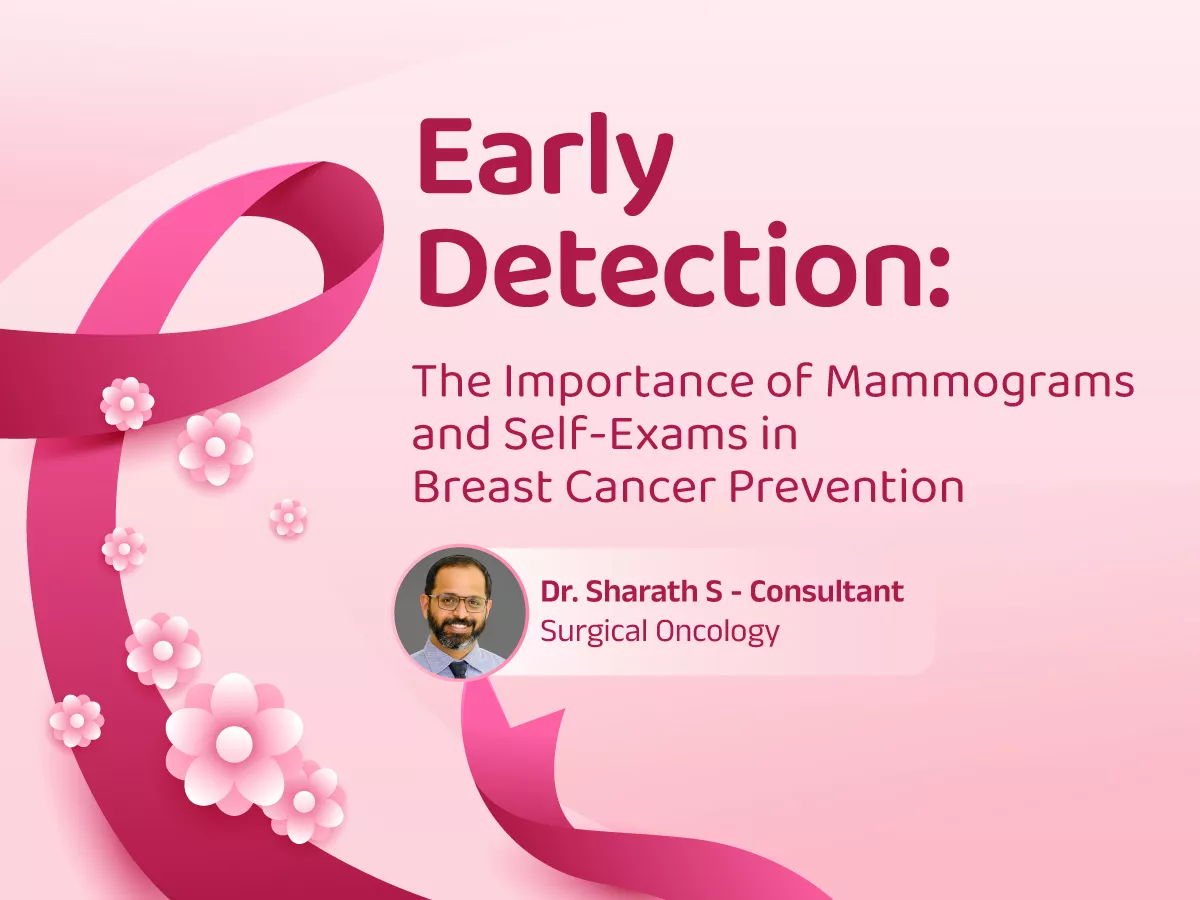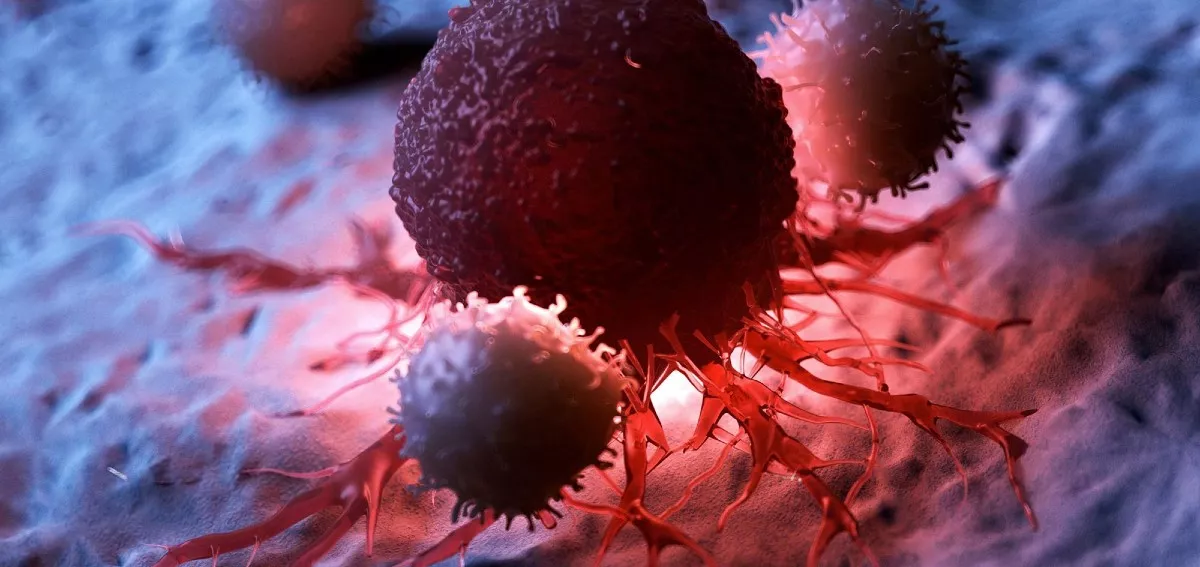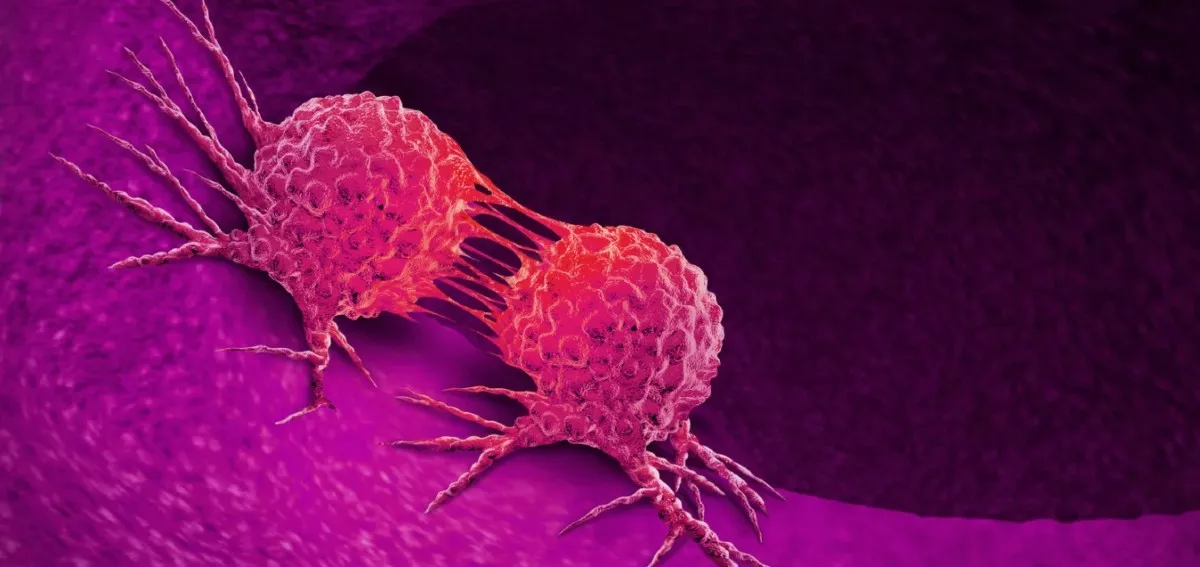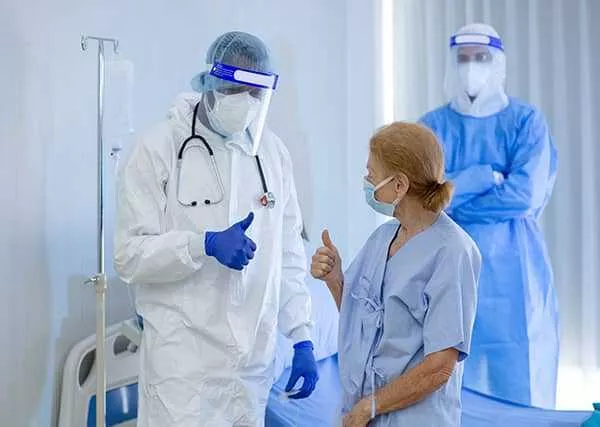Cervical cancer is considered to be the second most prevalent cancer among women in India. Women diagnosed with cervical cancer at an early stage have a survival rate of 90%, whereas women diagnosed with all stages of cancer have a survival rate of 66%. Survival differs significantly based on the type of cervical cancer you have. The treatment options for advanced or recurrent cervical cancer are limited. Hence, it is crucial to diagnose it early and take up clinical trials.
What is cervical cancer?
Cervical cancer develops in the cells of the cervix — the lower end of the uterus, which connects to the vaginal canal. The cervix is protected with two different types of cells: Endocervix (opening of the cervix) and Excocervix (outer part of the cervix). The place where these two cells meet is called the transformation zone, where cervical cancer begins. Most cervical cancer results from a sexually transmitted infection called the Human Papillomavirus (HPV).
The immune system usually prevents the virus from causing harm when the body is exposed to Human Papillomavirus. However, the virus can live for years in some people, contributing to the transformation of specific cervical cells into cancer cells.
Cervical cancer can be prevented by vaccination and screening tests that protect against HPV infection.
Pre-cancers of the cervix:
Cells in the transformation zone do not become cancerous overnight. Instead, the normal cells of the cervix eventually develop aberrant alterations that are referred to as pre-cancerous. Our medical specialists call this Dysplasia, Squamous Intraepithelial Lesion (SIL), and Cervical Intraepithelial Neoplasia (CIN).
The pre-cancers are evaluated in the lab on a scale of 1 to 3, based on how much of the cervical tissue seems abnormal.
CIN1 (low-grade SIL or mild dysplasia) is the least dangerous cervical pre-cancer because little tissue seems abnormal. In CIN2 or CIN3 (moderate/severe dysplasia or high-grade SIL), most tissue seems abnormal and is a more grave pre-cancer.
Only a few percent of women with cervix pre-cancers will develop cancer. Pre-cancerous cells in most women will go away without therapy. Pre-cancer can also develop into invasive cancers in some women. If cervical pre-cancer can be treated, it could prevent almost all cervical cancers.
Types of cervical cancer:
Your treatment option and prognosis are highly dependent on the type of cervical cancer. The following are the most common kinds of cervical cancer:
- Squamous Cell Carcinoma: The majority of cervical cancers are Squamous Cell Carcinoma. This type of cancer affects the skin and starts when Exocervix joins the Endocervix.
- Adenocarcinoma: This cancer originates where the column-shaped glandular cells line the cervical canal. The mucus-producing gland cells of the Endocervix give rise to cervical cancer.
In rare cases, both types of cells may be present, called mixed carcinomas.
Early signs of cervical cancer:
There are five significant cervical cancer warning signs that few women are aware of as probable early signs of cancer. The following are some of the first signs of advanced cervical cancer:
- Fatigue that isn't explained
- Urination that is frequent or urgent
- Bloating in the abdomen
- Itching or burning in the vaginal area
- Low back or abdominal discomfort
- Swollen legs
- Uncomfortable bowel movement or having difficulty urinating
- Blood in urine
The key to early identification of cervical cancer is for each woman to become acquainted with their own body and understand what is normal for them. If you feel something is not right, the best course of action is to seek a medical practitioner to get proper guidance and advice.
Symptoms of advanced cervical cancer:
The symptoms of advanced cancer may be more severe, depending on the tissues and organs it has affected. A symptom can also be caused by something other than cancer.
These are the symptoms of advanced cervical cancer:
- Spotting blood or pain during intercourse
- Bleeding after periods
- Bleeding after menopause
- prolonged menstrual bleeding
- Unexplained back pain or persistent pelvic
Even if these symptoms appear to indicate other, less serious disorders, it is vital to discuss them with one of the best cancer specialist in Kochi, Kerala. The earlier pre-cancerous cells or cancer are discovered and treated, the higher the chances of prevention or cure.
For any queries related to cervix problems & cancer, you can book an appointment at Aster Medcity Hospital which offers one of the best cancer treatment in Kerala
FAQs:
What causes cervical cancer?
- HPV is the common cause of cervical cancer.
What are the risk factors of cervical cancer?
- Some risk factors include HIV, multiple sex partners, giving birth to three or more children, aging, smoking, etc.
How to prevent cervical cancer?
- Cervical cancer can be prevented by getting a regular Pap smear, avoiding smoking, using a condom during sex, limiting the number of sex partners, and getting an HPV vaccine.
How often should Ibe screened for cervical cancer?
- Women at 21 years of age and above are advised to get screened for cervical cancer once in three years.
Will surgery be done for cervical cancer?
- A combination of surgery and chemotherapy is often part of women with cervical cancer.





















